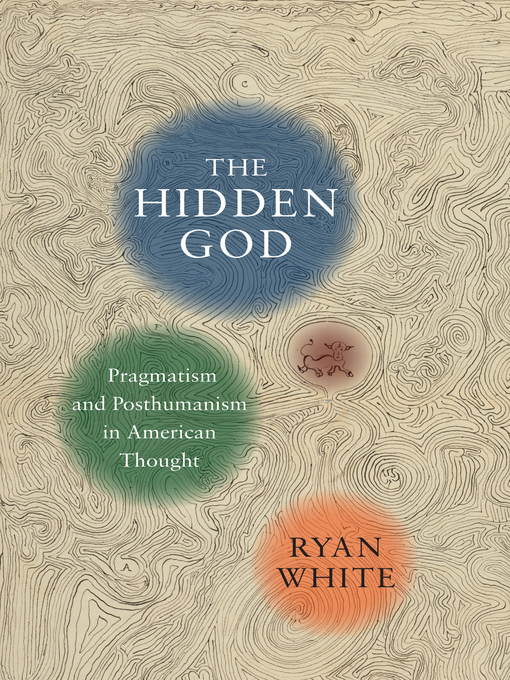The Hidden God revisits the origins of American pragmatism and finds a nascent "posthumanist" critique shaping early modern thought. By reaching as far back as the Calvinist arguments of the American Puritans and their struggle to know a "hidden God," this book brings American pragmatism closer to contemporary critical theory.
Ryan White reads the writings of key American philosophers, including Jonathan Edwards, Ralph Waldo Emerson, William James, and Charles Sanders Peirce, against modern theoretical works by Niklas Luhmann, Richard Rorty, Jacques Derrida, Sharon Cameron, Cary Wolfe, and Gregory Bateson. This juxtaposition isolates the distinctly posthumanist form of pragmatism that began to arise in these early texts, challenging the accepted genealogy of pragmatic discourse and common definitions of posthumanist critique. Its rigorously theoretical perspective has wide implications for humanities research, enriching investigations into literature, history, politics, and art.
- Available now
- New eBook additions
- New kids additions
- New teen additions
- Most popular
- Try something different
- NYPL WNYC Virtual Book Club
- Spotlight: Toni Morrison
- See all
- Available now
- New audiobook additions
- New kids additions
- New teen additions
- Most popular
- Try something different
- NYPL WNYC Virtual Book Club
- Spotlight: Toni Morrison
- See all

